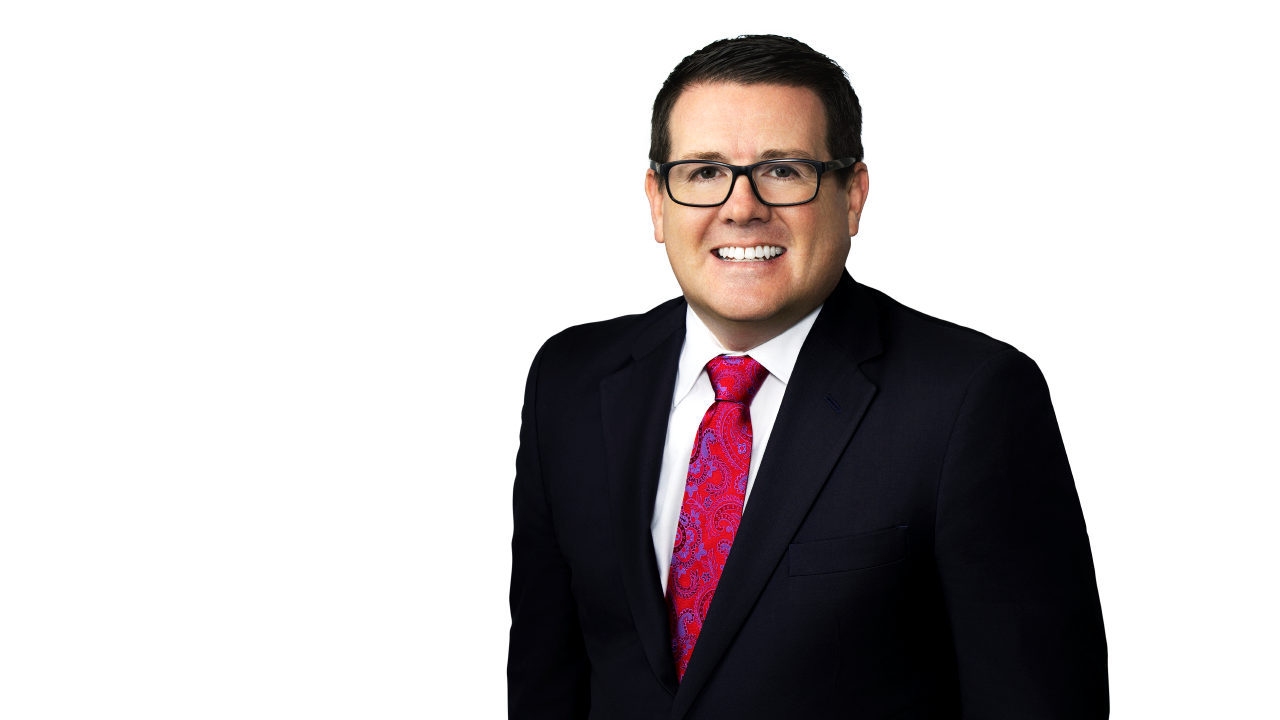Telephone Consumer Protection Act (TCPA)
Strategic Counsel for TCPA Compliance and Defense
The Telephone Consumer Protection Act (TCPA) continues to be one of the most heavily litigated consumer protection statutes in the United States. Companies that rely on text messaging, automated calling, or prerecorded voice technology face significant exposure, including nationwide class actions with multimillion-dollar damages claims. Regulatory enforcement, state-level litigation, and evolving FCC interpretations add additional layers of complexity.
Hinshaw helps businesses navigate the full spectrum of TCPA risk—from designing compliance programs to defending against class action lawsuits. With decades of experience counseling on consumer communications, our team delivers practical, business-minded solutions that allow clients to reach customers effectively while managing regulatory and litigation exposure and consent standards. We understand how regulatory developments affect business operations and keep clients ahead of change.
Areas of Focus
Protecting Communication as a Business Asset
For businesses that depend on consumer communication, TCPA compliance is critical to protecting both reputation and revenue. Hinshaw provides the legal insight and practical guidance clients need to manage risk while maintaining strong customer engagement.
To Find Out More Contact
Featured Insights

Press Release
Nov 3, 2025
Barbara Fernandez Recognized as a Florida Legal Elite 2025 Most Notable Women Leader in Law

Press Release
Jun 20, 2025
Barbara Fernandez and Andrew Gordon Named 2025 Power Leaders in Law & Accounting

Press Release
Apr 16, 2025
Hinshaw Adds Four Partners to Financial Services Group in New Jersey

Press Release
Feb 6, 2025
Barbara Fernandez Honored as One of Ten Women of Distinction by MDFAWL in 2025

Press Release
Feb 3, 2025
Hinshaw Attorneys Named to the LCLD 2025 Fellowship Class and 2025 Pathfinder Program

In The News
Nov 19, 2024
Hinshaw Adds Consumer Financial Services Partner Brian Turetsky in New York

Press Release
Oct 31, 2024
Michael R. Guerrero Returns to Hinshaw’s Consumer Financial Services Group in California

Event
September 17-18, 2024
Justin Penn, David Schultz, and Vaishali Rao to Present at Hinshaw-Sponsored ARM Law Conference

Press Release
Apr 25, 2024
Hinshaw Boosts West Coast Capabilities With Addition of Two Partners in Los Angeles

Press Release
Mar 7, 2024
Gregg Stevens Joins Hinshaw as a Consumer Financial Services Partner in Dallas




